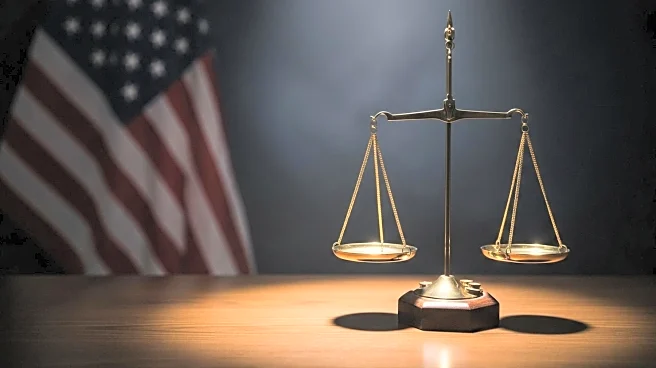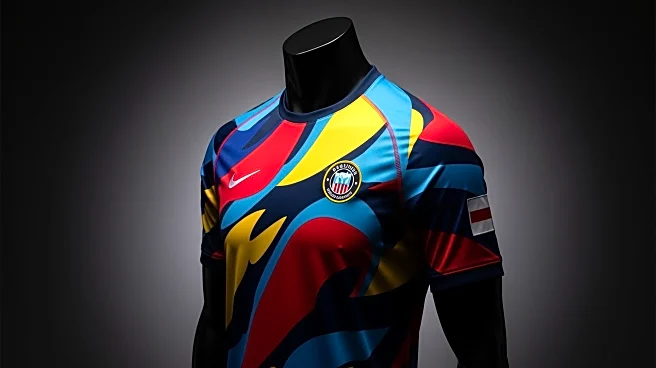What's Happening?
President Donald Trump disclosed that Sean 'Diddy' Combs has approached him seeking a pardon. Combs, a prominent figure in the music industry, was convicted on two charges related to prostitution. The revelation came during a public statement made by President Trump, highlighting the ongoing interactions between high-profile individuals and the presidential pardon process. The request from Combs adds to the list of celebrities and public figures who have sought clemency from the President, a power that has been exercised in various instances throughout Trump's tenure.
Why It's Important?
The request for a pardon by Sean 'Diddy' Combs underscores the influence and reach of presidential clemency powers, particularly when it involves high-profile individuals. This development may impact public perception of the pardon process, raising questions about fairness and the criteria used to grant such requests. It also highlights the intersection of celebrity culture and political processes, potentially influencing public discourse on justice and privilege. The outcome of Combs' request could set a precedent for future cases involving celebrities seeking pardons, affecting how these decisions are viewed by the public and legal experts.
What's Next?
If President Trump decides to grant the pardon, it could lead to further scrutiny of his use of clemency powers, especially concerning high-profile cases. Legal analysts and political commentators may debate the implications of such a decision, examining its impact on the justice system and presidential authority. Additionally, Combs' case might prompt discussions on the criteria for granting pardons, potentially influencing future policy or legislative actions aimed at reforming the process. Stakeholders, including advocacy groups and legal experts, may weigh in on the broader implications for justice and equality.
Beyond the Headlines
The request for a pardon by a celebrity like Sean 'Diddy' Combs may also reflect broader societal issues related to privilege and access to power. It raises ethical questions about the influence of wealth and fame in legal matters, potentially sparking debates on the need for transparency and accountability in the pardon process. This situation could lead to discussions on the role of public figures in shaping legal and political narratives, influencing cultural perceptions of justice and fairness.









